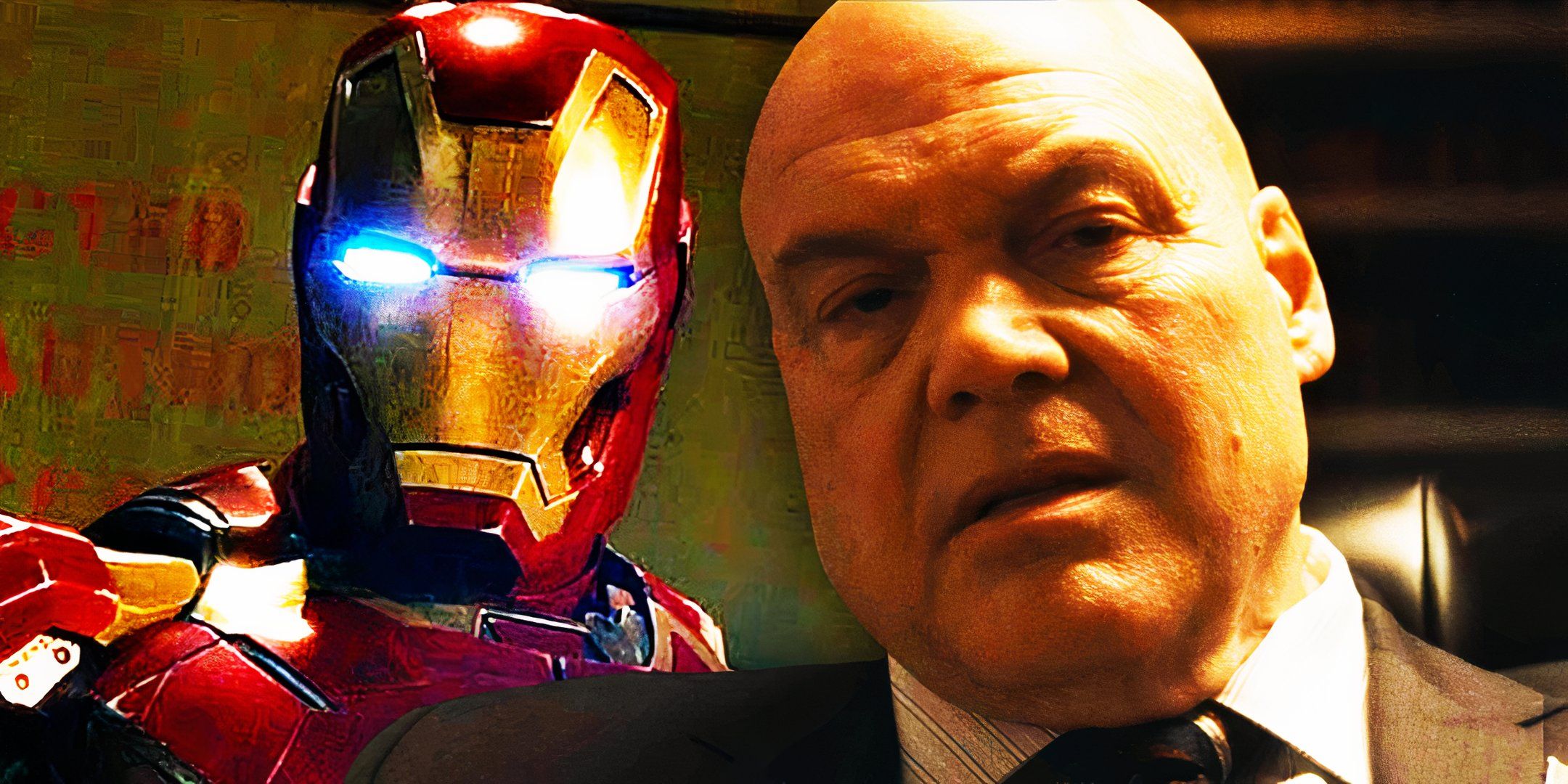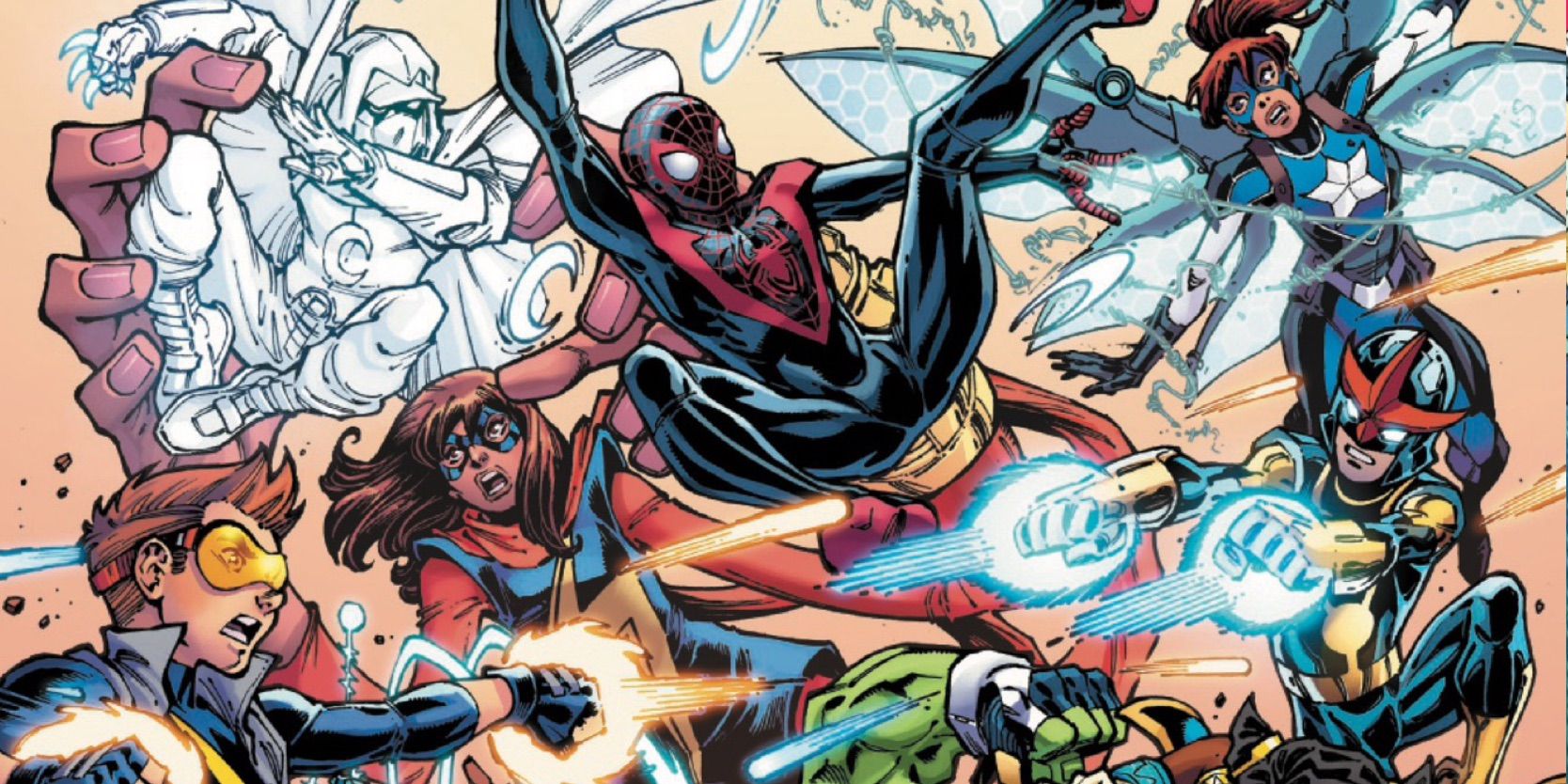Big Brother Has Never Had A Female Final Three (Will That Change?)
Big Brother, at its core, has always been a competitive social experiment that puts various demographics of people together to cohabitate in tight living quarters under stressful conditions. In order to survive weekly eliminations and reach finale night, it is the smartest strategy, and inherently human nature, to form alliances for trust and protection. Big Brother premiered in 2000, and is currently airing its 26th season.
Males account for nearly twice as many winners as females, largely due to their tactical choice of cohorts. Many alliances are formed around similarities like age, race, orientation, family, occupation, and very popularly, gender. Exclusively male alliances have historically helped former male winners make it to the end and clench enough jury votes to be victorious. However, all-female alliances are not known to endure until the last episode. In fact, there has never been a final three female alliance in the U.S. series.
Related 20 Best Reality TV Shows Right Now Reality TV is more popular than ever. With so many to choose from, here are some of the best reality TV shows to stream or watch right now.
All-Female Alliances Never Last To The End of Big Brother
There Are Several Reasons
Close
Not since season 4 has an all-female alliance almost made it to the Final Three. Many past female contestants formulated large alliances early in the game and promoted female empowerment as a focal point for working together towards a common goal. However, shortly afterward, sometimes only episodes later, the coalitions disband for one reason or another.
Members may turn on each other over irreconcilable differences, like The Coven did in Big Brother season 10. The Fatal Five in season 18 saw one female worried that another female member was going to be too emotional of a player and exploited that divide to further create tension in the house. Sometimes, the team just never takes off at all, like El Cuatro in season 16. It could be argued that the most successful female alliance were the six members of Girls Girls in season 24, who resisted turning on each other for at least a third of the season by targeting another woman in the house.
Maybe The Men Of Big Brother Are Onto Something
There Are More Commonalities
Close
Traditionally, all-male alliances are slightly smaller, established around commonalities and habits such as nerd culture or athleticism. Season 10 "Renegades" Dan and Memphis made Final Two, as did season 16 "Hitmen" Derrick and Cody. Season 17 "Rockstars" Johnny Mac and Steve became close friends, calling it the "nerdmance" of the season, before Steve went on to win. This bonding simplification may allow for a less threatening unity versus the complexity of empowering female champions as a valid social statement about the inequities of BB winners.
Any alliance with fewer members would likely maintain cohesion and longevity within the group while offering uncomplicated communication. "Too many cooks spoil the broth," but it may also be stated that smaller-sized alliances produce a plain objective that male houseguests may have found less intellectually-taxing to stick to long-term.
Plus, male alliances may have flourished without the additional pressure of forming an alliance around a social justice movement, which would instead allow them to earnestly enjoy the game.
Season 26 came very close to having a female Final Three before schemes prevailed over sisterhood. The two remaining women, each having won an impressive number of competitions for both power and safety, also benefited from close two-person relationships throughout the season. Thus, the history of Big Brother smaller alliances leading to greater success may be an integral part in viewers seeing a three-woman finale night anytime soon.











COMMENTS